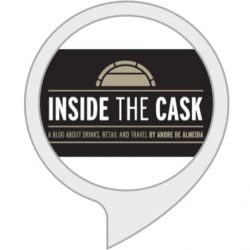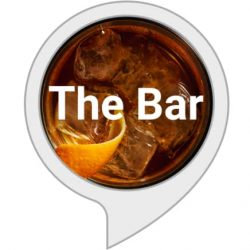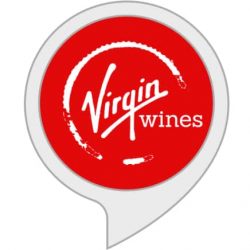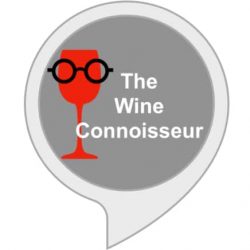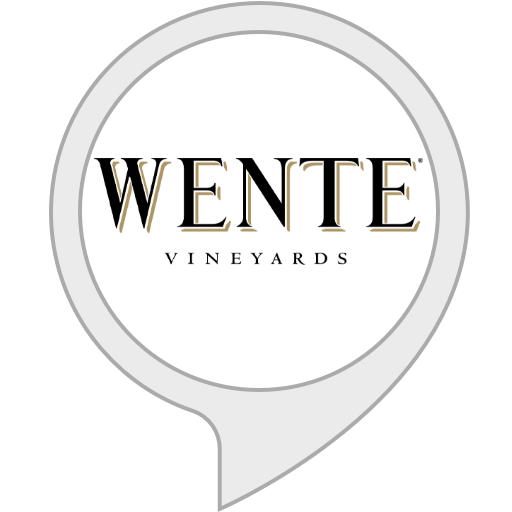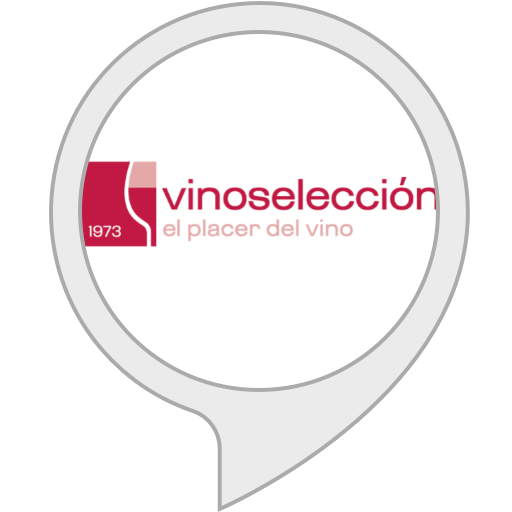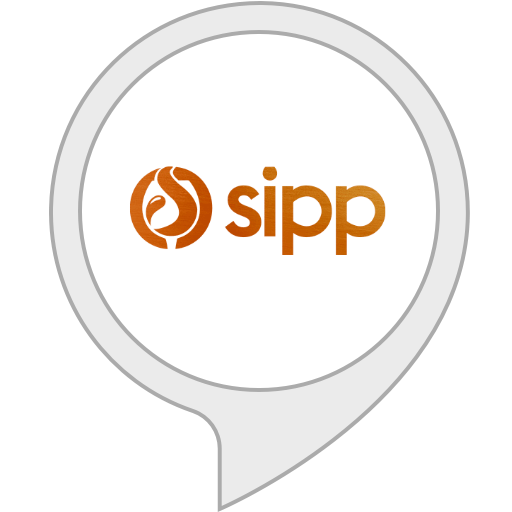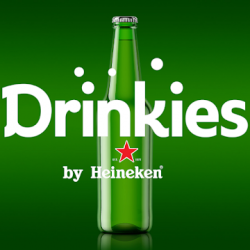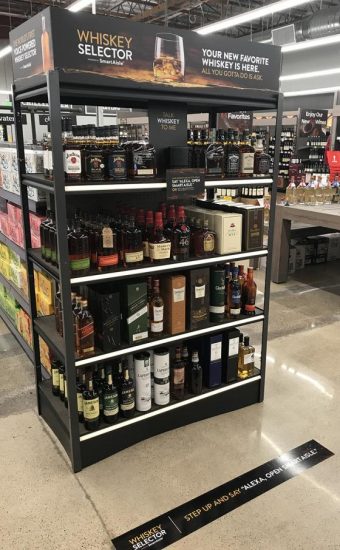Last Updated : 30/07/20
Page contents
- Introduction
- Voice search performance
- Actions & Skills use cases
- Amazon / Google 1st party
- Existing skills/actions
- Chatbots
- Other
- Policy Restrictions
- Main takeways
Introduction to voice in the alcohol industry
With the global rise in voice search and increasing sales of smart speakers, the wine, beer and spirits industry is utilising voice apps to drive customer engagement, leads and sales.
If you haven’t already started looking at voice as a marketing channel for your alcohol brand, some of these statistics might make you pay attention:
- 55% of households are expected to own a smart speaker device by 2022 (OC&C Strategy Consultants)
- 44% of regular voice search users order groceries and other items using their voice-activated speaker on a weekly basis (Think With Google)
- 34% of marketers expect to have a voice app by 2020 (ai)
Some well-known brands such as Diageo, Heineken and Grey Goose have already taken advantage of the rise in voice adoption, but there is still great opportunity for other alcohol brands to leverage this growing trend.
Key challenges for the alcohol industry:
- Lack of brand differentiation/loyalty for many brands
- Less established online presence compared with other industries, for many smaller alcohol brands
- Lack of consumer insight due to selling via third-party distributors
- Increasing consumer focus on health & moderation, as well as alcohol-free beers, etc.
Voice Search Performance
The first step in your voice optimisation strategy should be checking how your website performs for informational queries, e.g. “how many units in a bottle of wine”, “pubs near me”, etc.
The Google Assistant has recently become far better at answering queries about alcohol, with its ability to answer improving from 63% to 90% between Q1 and Q2 2019.
This is mainly due to the Google Assistant returning more recipe actions for cocktail recipe queries, e.g. “gin fizz cocktail”
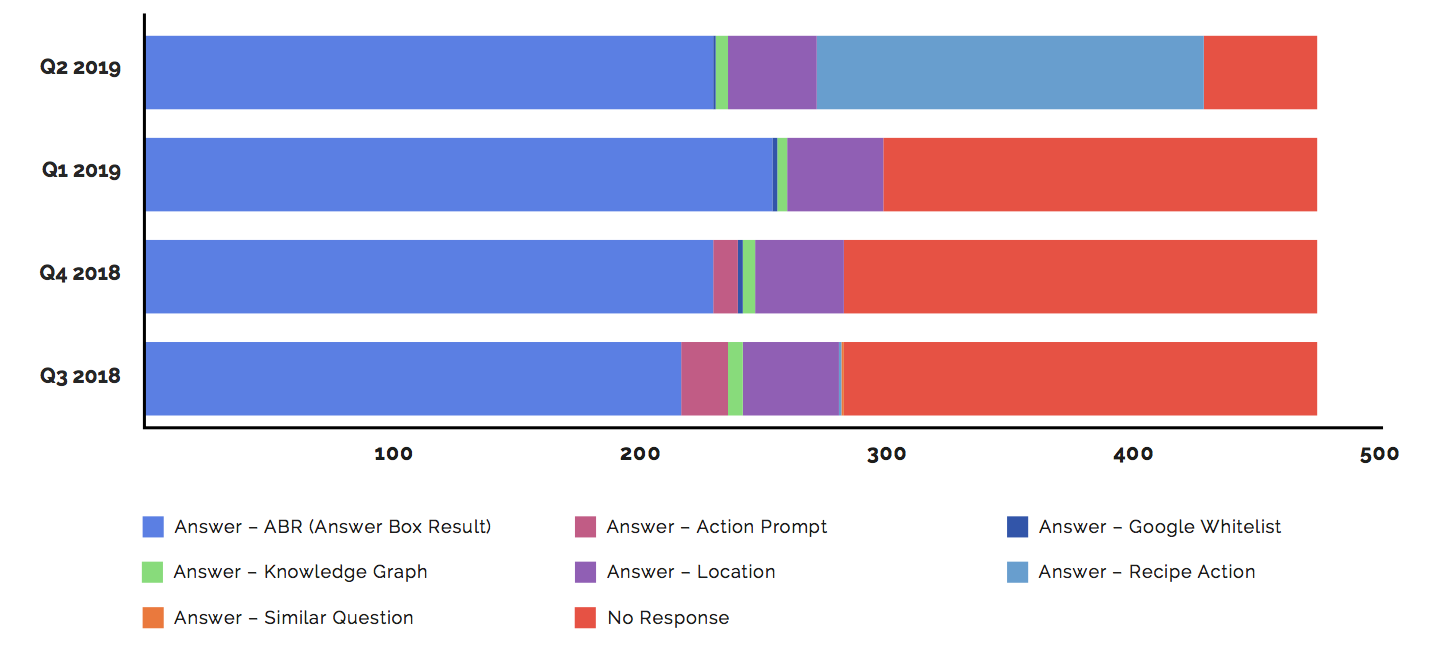
Actions & Skills
Actions (on the Google Assistant) and skills (on Alexa) are voice-enabled apps which extend the built-in functionality of these voice assistants. While optimising your website for voice can provide a one-way snippet of information, actions and skills can allow brands to create two-way conversations with their consumers and can help them to perform tasks and activities.



